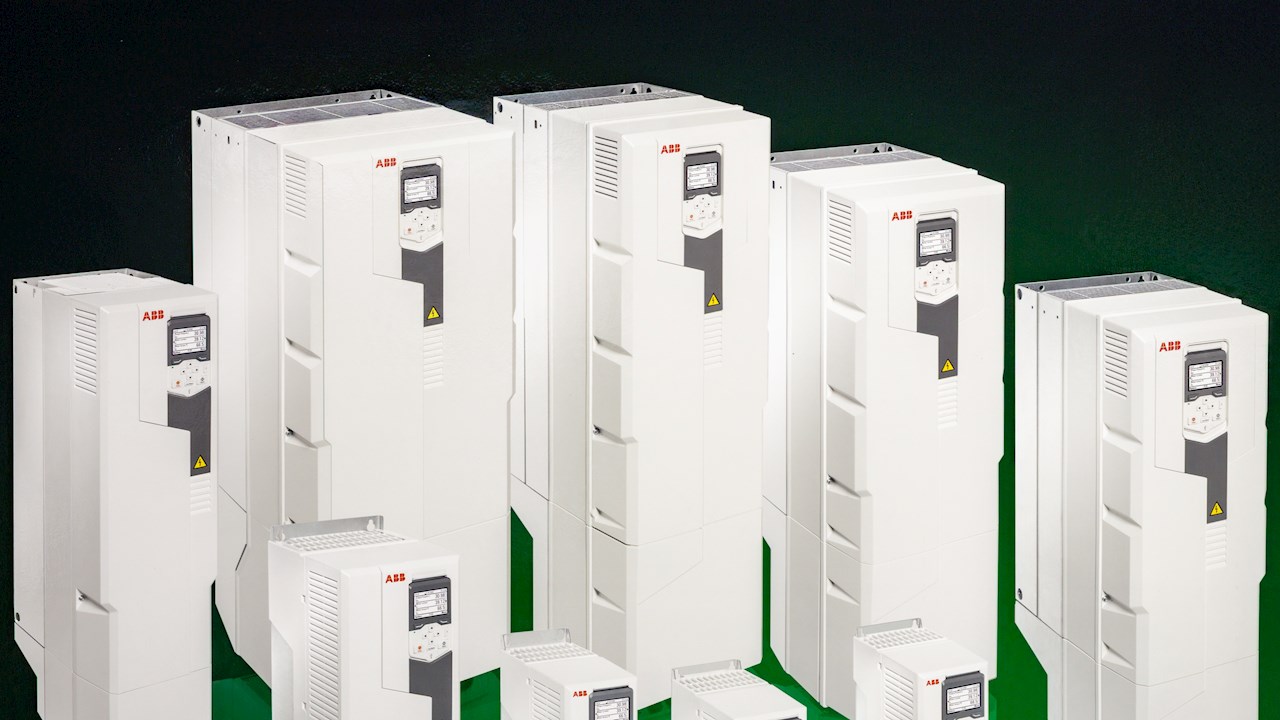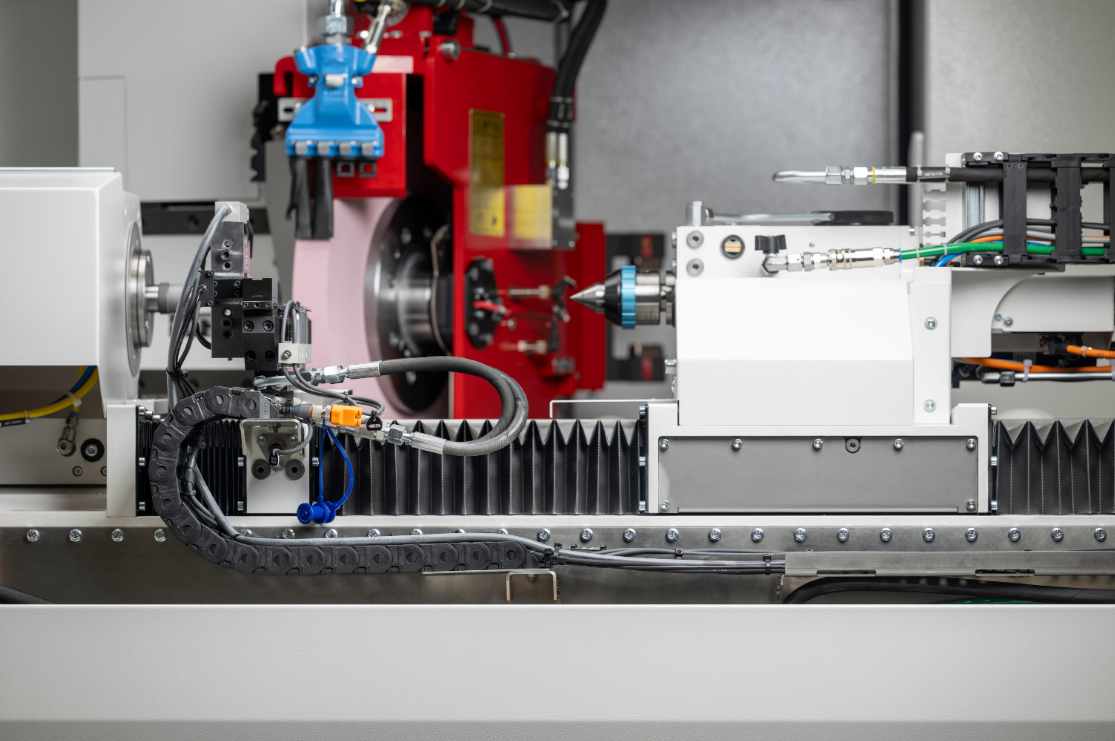
Electric Vehicles are becoming more popular every day. It has many advantages compared the traditional gas cars. First, electric cars are much cheaper to operate. Second, they produce no emissions which are great for the environment. Third, electric cars don't need to be recharged often so they're environmentally friendly. Electric cars are also way safer compare to gas cars because it has fewer moving parts.
Nonetheless, it is still better to know the different types of electric cars if you are considering buying one.
There are four types of electric cars:
- Battery Electric Vehicles (BEVs)
- Plug-in Hybrid Electric Vehicles (PHEVs)
- Hybrid Electric Vehicles (HEVs)
- Fuel Cell Electric Vehicles (FCEVs) or Hydrogen Electric Vehicle
Battery Electric Vehicles (BEVs)
Battery Electric Vehicles (BEVs) are the most popular type of electric car. They have no gas engine, and all of their power comes fully from electricity with rechargeable batteries. It has zero harmful tailpipe emissions or any air pollutants.
According to U.S. Department of Transportation studies, 80 miles of estimated vehicle range is sufficient for 90 percent of most household transportation in the United States. AEVs can typically travel 60 to 120 miles on a single charge, with some luxury models reaching over 300 miles per charge.
The most common examples of Battery Electric Vehicles (BEVs) include the Tesla Model 3, Chevy Bolt, and Nissan Leaf.
In relation to this, the average price for a BEV is around $30,000 to $100,000.
Plug-in Hybrid Electric Vehicles (PHEVs)
Plug-in Hybrid Electric Vehicles are among the most common electric cars. It has both an electric motor and a gasoline engine. The gasoline engine is used to help the car move and to provide power when the battery runs low. This type of car is great for people who want to reduce their carbon footprint but still need some level of transportation.
The average PHEV battery is about 10-15kWH, which provides around 20-40 miles of electric range. Once the battery is depleted, the gas backup kicks in for another 300+ miles if full. In short, this type of electric car is best to use in all-electric mode for in-town trips and work commutes, while the gas part works best for long trips and vacations.
PHEVs can charge their batteries through charging equipment and regenerative braking.
Some of the most well-known Plug-in Hybrid Electric Vehicles (PHEVs) models are Honda Clarity Plug-In Hybrid, Toyota RAV4 Prime, and Ford Escape Plug-In Hybrid.
The average cost of buying a Plug-in Hybrid Electric Vehicle is ranging from $25,000 to $35,000.
Hybrid Electric Vehicles (HEVs)
The main difference between a Hybrid Electric Vehicle (HEV) and a Plug-in Hybrid Electric Vehicle (PHEV) is that a PHEV has a gasoline engine to help the car move and to provide power when the battery runs low, but can solely run with just electric charge. An HEV, on the other hand, must always have gas in the tank to operate. Although it must have a gas to run, it also has a much smaller battery than the Plug-in Hybrid Electric Vehicle (PHEV).
Some models of Hybrid Electric Vehicles (HEVs) are Chevrolet Tahoe Hybrid, Toyota Prius, and Camry Hybrid.
Fuel Cell Electric Vehicles (FCEVs) or Hydrogen Electric Vehicle
Unlike the other two types of electric cars, the FCEV is the least common type of electric vehicle. It can travel 300 miles on a single tank of hydrogen, and refueling the fuel cell takes about 10 minutes. FCEVs have a few disadvantages over PHEVs and HEVs. First, FCEVs are not as efficient as PHEVs and HEVs when it comes to using energy. Second, FCEVs are not always available in certain areas because of their limited range. Third, the technology is still being developed, so some models may have issues with reliability or performance in the future.
The most well-known HEV models are the Toyota Mirai and the Honda Clarity Fuel Cell.
In general, electric vehicles are beneficial because they emit no emissions, cheaper cost of ownership, and have a longer lifespan than traditional gasoline-powered vehicles. However, electric cars have a few disadvantages as well. First, they're not as fast as traditional gas cars. Second, they can't go very far on a single charge. And finally, electric cars are more expensive to buy than traditional gas cars.

.png)





.jpg)

.webp)







































.webp)






























.png)





.png)












